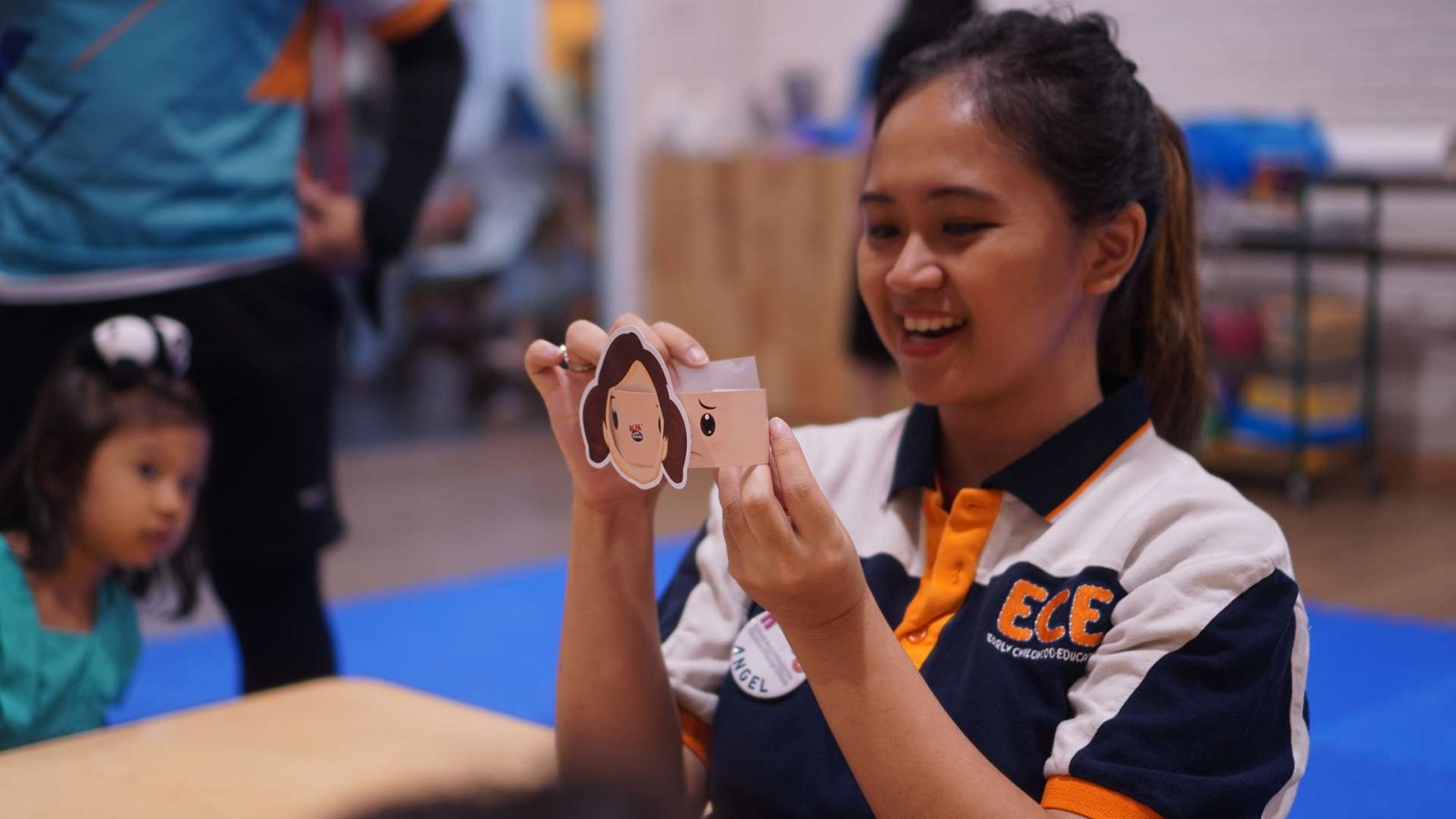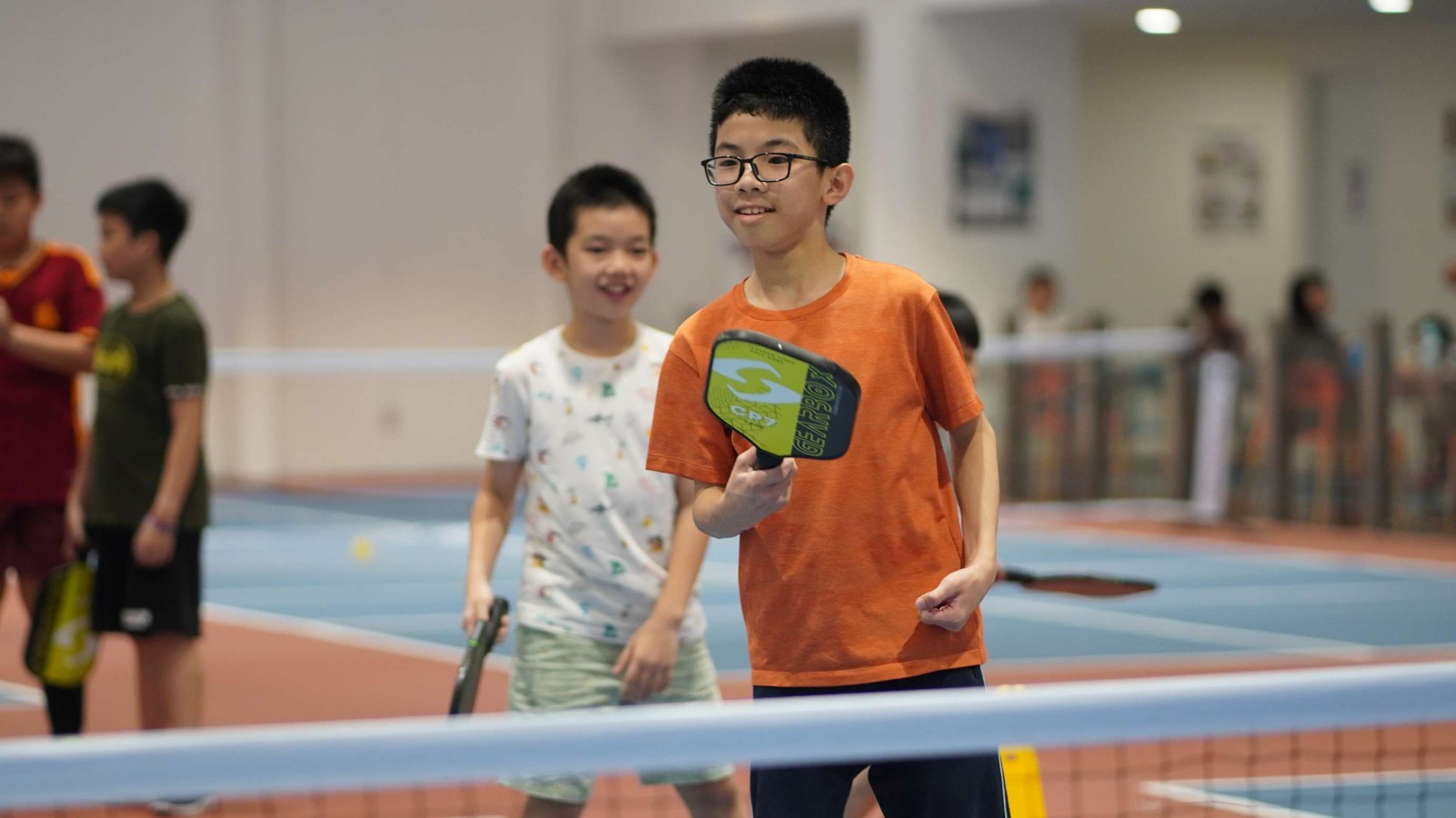10 Understanding the World Activities For Toddlers

"Understanding the World" is a broad educational concept that focuses on helping young children grasp their surroundings, learn about different environments, and develop curiosity about how things work.
For toddlers, this means engaging in activities that promote exploration, observation, and learning about their immediate world. These activities help build foundational skills in science, geography, and social understanding during their development in the sensorimotor stage.
In this article, we’ll explore what "Understanding the World" activities are, how to teach these concepts to toddlers, and offer ten fun and educational activities that will spark curiosity and learning in your little ones.
What Are "Understanding the World" Activities?
"Understanding the World" activities are designed to help toddlers make sense of their environment. These activities encourage children to explore their surroundings, recognize patterns, and understand basic concepts about nature, technology, and social interactions.
The goal is to stimulate curiosity, critical thinking, and problem-solving skills. These activities often involve hands-on experiences, sensory play, and interactive learning opportunities. By engaging in these activities, toddlers start to:
- Recognize and name objects and people in their environment.
- Understand basic concepts like size, shape, and color.
- Learn about cause and effect through exploration.
- Develop social skills by interacting with others and learning about different cultures and traditions.
10 "Understanding the World" Activities for Toddlers: Detailed Guide
Exploring the world around them helps toddlers learn and grow in many ways. Here’s a detailed look at ten fun and educational activities that will help your little one understand their environment better:
1. Nature Walks
Taking your toddler on a nature walk is a wonderful way to introduce them to the outdoors and teach them about the natural world. As you stroll through a park or garden, point out various elements like trees, flowers, and insects. Encourage your child to touch and smell the plants, ensuring they are safe to handle.
This activity helps toddlers develop their observation skills by noticing different plants and animals. It also provides a sensory experience, allowing them to feel different textures and inhale various scents, which enhances their sensory development. Nature walks stimulate curiosity, helping toddlers understand how nature grows and functions.
2. Sensory Bins
Sensory bins are excellent for toddlers as they provide a hands-on learning experience. Create a bin filled with materials such as rice, beans, sand, or water. Add small toys or objects for your toddler to discover and explore.
Allow them to dig, scoop, and manipulate the materials with their hands. Sensory bins are beneficial because they help toddlers explore various textures and understand the concept of volume.
Playing with different materials improves fine motor skills as toddlers use their hands and fingers to interact with the objects. Sensory bins also encourage imaginative play, where children create stories and scenarios with the items in the bin.
3. Water Play
Water play is a fun and educational activity that toddlers love. Set up a water play station with items like cups, spoons, and small toys. Let your child pour water from one container to another or use a sponge to soak and squeeze out water.
You can even add soap or bubbles for extra enjoyment. Water play helps toddlers understand cause and effect as they see how water levels change or how bubbles form. It also promotes fine motor skills through the manipulation of water and tools.
This activity introduces basic concepts of measurement and volume, helping toddlers learn about liquids in an engaging way.
4. Building Blocks
Building blocks are a fantastic way for toddlers to explore shapes and structures. Provide a set of blocks or LEGO bricks and encourage your child to stack and build different structures, such as towers or houses.
Ask questions about the shapes and how many blocks they are using. Building blocks enhance spatial awareness as toddlers learn how different shapes fit together and how to balance their creations.
This activity also promotes problem-solving skills as children figure out how to build stable structures. Additionally, it fosters creativity, allowing toddlers to use their imagination to create various designs and structures.
5. Simple Science Experiments
Simple science experiments are an engaging way to introduce toddlers to basic scientific concepts. Try activities like mixing baking soda and vinegar to create a fizzy reaction or exploring magnets.
Show your child how the reaction occurs and let them observe the results. These experiments help toddlers understand cause and effect and spark their interest in science.
By watching changes and reactions, children develop observational skills and a basic understanding of scientific principles. Simple experiments make learning fun and encourage curiosity about how the world works.
6. Storytime with a Twist
Storytime with a twist adds an interactive element to reading that toddlers will enjoy. After reading a favorite book, use props or costumes to act out parts of the story. Encourage your child to join in and help tell the story.
This activity enhances comprehension as toddlers engage with the narrative and characters in a hands-on way. Acting out stories also stimulates imagination, allowing children to visualize and experience the plot.
7. Exploring Textures
Exploring textures is a sensory-rich activity that helps toddlers understand different materials. Create a texture board using items like felt, sandpaper, cotton, and bubble wrap.
Let your child touch and explore each texture while describing how it feels—smooth, rough, soft, etc. This activity aids sensory development by familiarizing toddlers with various tactile experiences.
It also enhances descriptive language skills as children learn new words to describe textures. Exploring different materials helps toddlers develop a better understanding of the physical properties of objects.
8. Cooking Together
Cooking together is a practical and enjoyable way to teach toddlers about food and basic cooking skills. Involve your child in simple tasks such as washing vegetables, stirring ingredients, or pouring liquids.
Explain the different ingredients and their roles in the recipe. Cooking activities teach toddlers about food preparation and measurement while improving fine motor skills through tasks like mixing and pouring. This hands-on experience also helps children understand where food comes from and how it is transformed into meals.
9. Music and Movement
Music and movement activities are fantastic for toddlers as they combine rhythm, coordination, and fun. Play various types of music and encourage your child to dance or move to the rhythm.
Provide simple instruments like tambourines or maracas for them to shake along with the music. Singing songs and moving to the beat helps toddlers develop a sense of rhythm and improve coordination.
Music also allows for emotional expression and enhances listening skills as children follow musical patterns and respond to different sounds.
10. Cultural Exploration
Cultural exploration introduces toddlers to diverse cultures and traditions in an engaging way. Use stories, music, or crafts to teach your child about different cultures. Celebrate cultural festivals or create art based on various traditions.
This activity helps toddlers understand and appreciate diversity, fostering empathy and respect for different ways of life. By learning about various customs and practices, children gain a broader understanding of the world and how people live in different parts of the globe.
Conclusion
If you're seeking an environment where your child can thrive academically and socially while gaining a deeper understanding of their surroundings, consider enrolling them in the Preschool and Kindergarten program at Rockstar Academy.
At Rockstar Academy, your child will have the opportunity to participate in a wide range of physical activities, events, and competitions tailored to different ages, skill levels, and interests.
These experiences provide vital opportunities for academic, social, and emotional development. With guidance from our experienced teachers, your child will build essential skills, learn about teamwork, and gain confidence in their abilities.
The balance of academic education and physical activity at Rockstar Academy is crucial for a child’s overall well-being and success. Additionally, Rockstar Academy offers a free trial class for those interested, so don't hesitate to contact us to learn more about how we can support your child's growth and learning journey.
FAQ
What age is appropriate for "Understanding the World" activities?
"Understanding the World" activities are suitable for toddlers, typically starting around 18 months to 3 years old. Activities should be adapted based on the child’s developmental stage.
How long should each activity last?
Each activity can last anywhere from 10 to 30 minutes, depending on the child’s attention span and interest. It’s important to keep activities engaging and not too long.
Are these activities safe for toddlers?
Yes, as long as the activities are supervised and adapted to the child’s age. Always ensure materials are safe and appropriate for toddlers to handle.
Can these activities be done indoors?
Many of these activities can be adapted for indoor play. For example, sensory bins and water play can be set up indoors with appropriate precautions.



